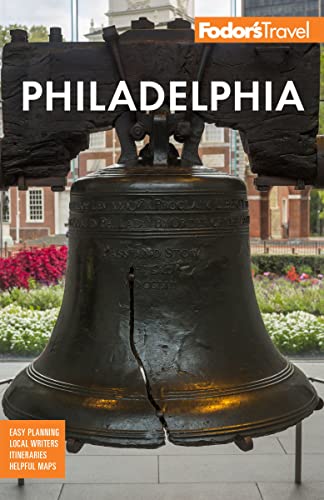Philadelphia's Revolutionary History
More than just the home of Independence Hall or the Liberty Bell, Philadelphia was instrumental in the rise of the American Revolution, and an essential staging ground in the fight for the country’s permanent independence from the British Empire.
The Founding of a City
The earliest European settlers to the area came from Sweden in the 1600s. The Commonwealth of Pennsylvania wasn’t officially established until 1681, when King Charles II of England ceded a large portion of his New World holdings to William Penn, satisfying a debt to Penn’s father. One year later, Penn established Philadelphia, which grew into a formidable center of colonial activity over the course of the next century.
Rising Resentment
By the 1760s, heavy tariffs instituted by the Crown—the Stamp Act of 1765, the Townshend Acts of 1767, and the Tea Act of 1773 among the most prominent—began strangling commerce in the colonies. Anger over the ever-increasing financial burden, especially since the colonies enjoyed no representation in Parliament, became palpable, especially in Philadelphia.
"Philadelphia's response to these and to various other irritants showed an intensity of feeling, expressed by people of all classes," wrote Russell F. Weigley in Philadelphia: A 300 Year History. Indeed, the city had a reputation for political awareness and activism not dictated by wealth or social stature, bolstered by its large and cultured population, a powerful merchant class, and an influential press.
Philadelphia Joins the Cause
In May 1774, Paul Revere, the patriot known best for his “Midnight Ride” warning colonists of the British incursion at Lexington and Concord that kicked off the Revolutionary War, rode into Philly, imploring Pennsylvania leadership to support the rising resistance. This led to the First Continental Congress, held in an under-construction Carpenters’ Hall in the autumn of that same year.
Philadelphia was also the site of the Second Continental Congress in the summer of 1775, the meeting that led to the drafting and signing of the Declaration of Independence. But the city’s importance to the revolution was as logistical as it was symbolic. This second convening of delegates from throughout the colonies also resulted in the formation of the Continental Army, not to mention the appointment of George Washington to lead that fighting force. In addition to its political importance, the city became an invaluable hub for training and equipping Revolutionary troops, including naval forces; sites of wartime significance, including Fort Mifflin, Washington Crossing, and Valley Forge, are close by the city’s present-day borders.
Given its value to the conflict, Philadelphia was eventually taken by British forces in 1777, but they would evacuate after a year. The city continued to be a gem of the fledgling nation after the war ended in 1783, serving as a haven for the period’s greatest political thinkers as well as the temporary capital from 1790 to 1800. Its importance to the American Revolution, and to America itself, cannot be overstated.




